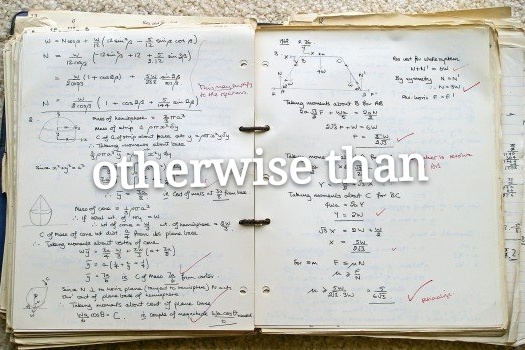
古老的拉丁词:Mutatis mutandis&Ceteris paribus
I.Mutatis mutandis
“Mutatis mutandis”词性为副词,是指作出必要的修改(因过于明显所以无需说明),但不影响主题。英文释义为“(used when comparing two or more cases or situations) making necessary alterations while not affecting the main point at issue.”。
它是一个中世纪拉丁词汇,在日常英语中已不常见,只在法律、经济及逻辑学等领域保留,使用时以斜体出现。然而它在法律领域的解释有所缩窄。根据纽约州南区法官 Shira Scheindlin 对 1998 年判例的注解:“这个拉丁短语只能指必要的细节变动,如姓名和地点,其余不变。”【In re McMahon, 235 B.R. 527, 536, footnote 7 (S.D.N.Y. 30 Nov 1998).】
示例
All sale proceeds shall be distributed in accordance with the terms and conditions defined in Article 34 of these by-laws mutatis mutandis.
所有的销售收益应根据经必要修改后的章程第34条中规定的条款和条件进行分配。
The book has been published, mutatis mutandis,many times.
这本书出版后作了多次修改。
II.Ceteris paribus
“Ceteris paribus”词性为副词,指其他条件不变。英文释义为other things held constant。
同“Mutatis mutandis”一样,作为拉丁语词汇,使用“Ceteris paribus”时需斜体。它常出现在金融文件中(尤其是经济学假设理论中)。在合同中偶尔出现,不似“Mutatis mutandis”频繁。
示例:A subsequent fixed term employment agreement will for the remainder be on identical terms as included in this Agreement (ceteris paribus).
后续将同剩余员工签订固定期限劳动合同,其条款与本合同包含条款相同(其他条件不变的情况下)。
III.区别
虽然二者都有其余保持不变的含义,但不能混淆。
“Mutatis mutandis”指作出修改后,其余保持不变;
“Ceteris paribus”指其余保持不变后,才能产生特定改变;
前者为相关性,“其余不变”是修改后的事实。后者为因果关系,“其余不变”是改变的前提。




